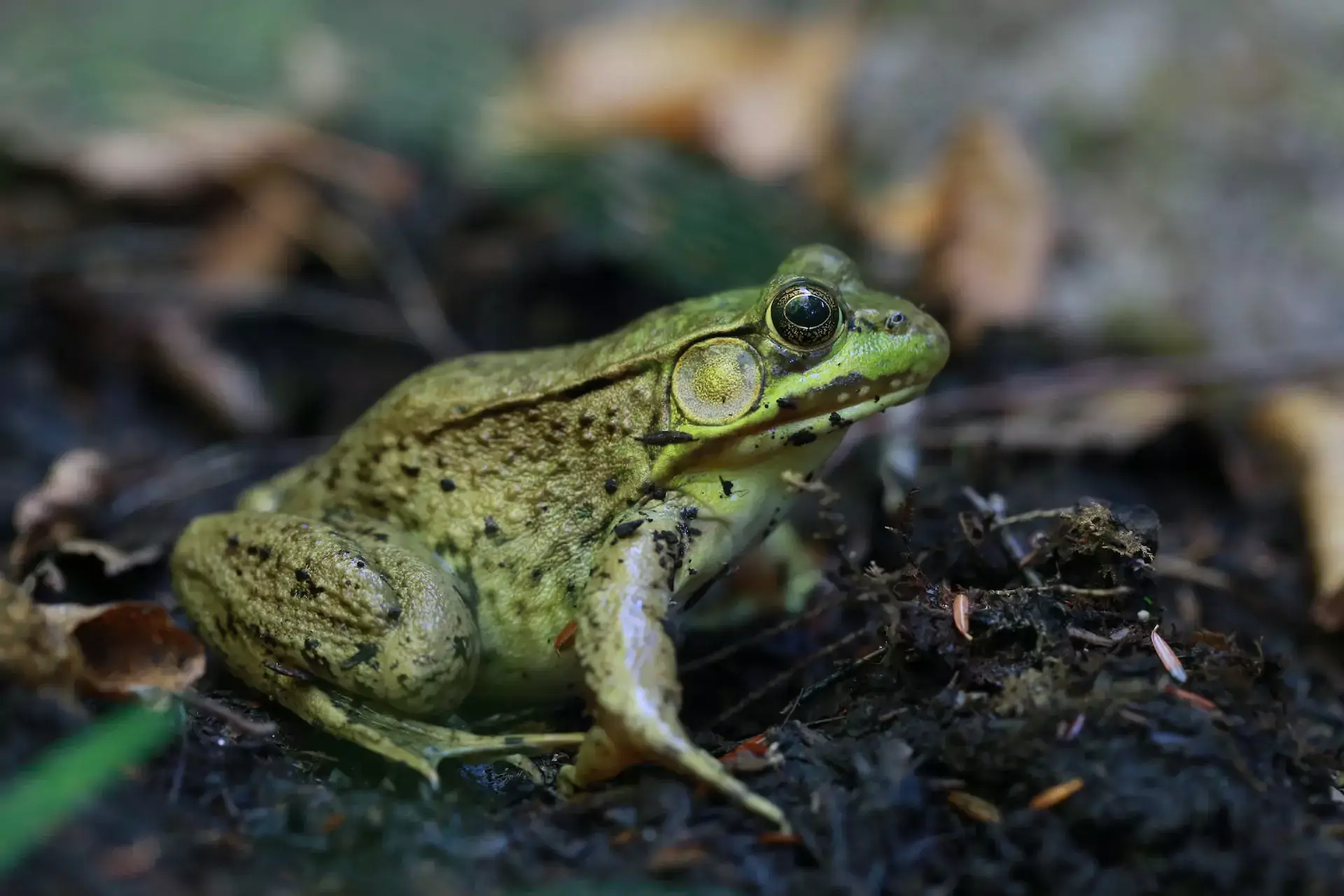Hamster Care Basics
The 12th of April is World Hamster Day! Hamsters are popular pets for children, and with good reason. They meet all of the criteria for a child’s animal buddy: they’re adorable, easy to care for, gentle, and don’t require much space. A Middletown, DE veterinarian puts Hammy in the spotlight below.
Introducing Hammie
Hamsters are very cute little rodents who live in fields and grassy areas in the wild. They can survive for roughly 2 to 4 years on average.
There are roughly 20 different types of hamsters. The European Hamster is the biggest one. They can grow to be 8 to 11 inches in length and weigh up to one pound! The smallest is the Roborovski hamster, frequently referred to as the Desert hamster. These tiny little furballs only grow to be one or two inches long!
The Syrian, Russian Dwarf Campbell, and Roborovski varieties are among the most popular pet ones.
Is A Hamster A Good Pet For Children?
Hammie is a terrific choice for many families. However, there are a few factors to consider.
- If your child is still very little, have them sit or kneel to hold their tiny friend. This way, if the hamster falls or jumps, he will not fall far.
- Hamsters can get very sick if they get too cold. You’ll need to keep your pet in a room that doesn’t get chilly, even in winter.
- Small children should always be kept under supervision when dealing with Hammie.
- You’ll need to teach your kids to always hold Hammie gently and appropriately and to never pull his tail or fur.
- Hamsters are nocturnal, so they are most playful at night. If you place Hammie in a child’s room, he might keep the little one up.
- Hamsters, like any other animal, can carry viruses, fungi, bacteria, or parasites. Always wash your hands before and after handling Hammie or his things. (If you’re getting a hamster for a child, you may need to supervise this process.)
Can I Adopt More Than One Hamster?
You can, but you’ll probably require separate cages. Syrian hamsters, the most popular pet hamster, should always be housed alone. They are friendly with humans, but tend to despise roommates. However, some of the other kinds of hamsters can have companions. Before adopting one, conduct thorough research and consult with your Middletown, DE veterinarian.
What Are The Symptoms Of Sickness In Hamsters?
As with any other pet, you’ll need to keep a watchful eye out for signs of illness. Little Hammie is prone to developing a variety of health issues, including respiratory problems, diarrhea, abscesses, proliferative ileitis (wet tail), and skin disorders.
Be sure to pay lots of attention to your miniature pet. The more familiar you are with little Hammie, the easier it will be to spot signs that something is off. Things to watch for include dirty/wet bottom, sneezing, diarrhea, lumps, bumps, lesions, coughing, dull, red, or watery eyes, lethargy, wheezing, lack of appetite, fur loss, and weight loss.
If you observe any of these symptoms, contact your veterinarian right away.
What Do You Feed A Hamster?
Hammie’s menu should largely consist of commercial food, with safe vegetables and modest amounts of fruit as supplements. You should consult your veterinarian for detailed recommendations, but a good rule of thumb is to aim for a mix of 80% pellets, 10% vegetables, and 5% each fruits and treats. You will also need to bring a water bottle, which should be cleaned and refilled daily.
Spinach, broccoli spears, Romaine lettuce, dandelion greens and artichokes, carrot tops, cauliflower (in limited quantities), sweet potato, squash, and yellow peas are all safe vegetables. For fruits, you can serve apples, bananas, strawberries, and pears to your little friend.
Hammie will enjoy the occasional snack. This is where the fruits come in. You can also offer small bits of egg or cheese, cooked chicken or turkey, or even dog biscuits.
It’s also critical to understand what not to provide your small companion. This list contains the following:
- Citrus fruit
- Rhubarb
- Surgery foods
- Salty foods
- Junk food
- Caffeine
- Alcohol
- Garlic
- Raw beans or potatoes
- Chocolate
There are also some foods that are safe on occasion, but shouldn’t be fed too often. You should also exercise caution when handling seeds. For example, hamsters enjoy pumpkin seeds. Several other types of seeds, however, are hazardous.
To avoid spoilage, always remove uneaten food.
Remember that Hammie is a highly skilled beggar. He is quite skilled at persuading his owners to give him tasty treats, then stash them for later and resume his antics. (Fun fact: Hammie’s name comes from the German word “hamstern,” which means “hoard”.) Pay attention to portion quantities, and don’t be fooled by that cute face!
Be sure to ask your vet for specific advice.
What Kind Of Cage Do I Get For A Hamster?
Getting a good cage is half the battle when it comes to hamster care. Choose something with a mesh or screen top to ensure your pet has adequate ventilation. However, it should have a solid floor: wire floors are unsafe and will not hold substrate. You’ll need to include a little hiding place, as well as toys and accessories.
How Do You Pamper A Hamster?
Making Hammie happy does not need a large investment of time or money. Even simple touches can have a big impact!
Here are our suggestions:
Exercise Wheels
These are extremely popular among smaller animals. It’s also adorable to see Hammie happily running on his wheel! Make sure to pick a solid one, though; wire ones might injure those tiny paws and tails.
Create a Labyrinth for Your Pet
Hamsters adore mazes and labyrinths. These are readily available in stores, but they can also be made from cardboard or PVC pipe.
Provide Lots of Toys
Toys—particularly chew toys—are essential to your pet’s dental health. If Hammie doesn’t wear his teeth down, he may develop major dental problems. Many of your pet’s chew toys can be made with simple home objects like plain paper and cardboard. There are plenty of great ideas online. Always avoid items with sharp or small bits. Consult your Middletown, DE veterinarian for advice.
Offer A Runabout
Hammie is a curious little creature that enjoys exploring nooks and crannies. Obviously, you don’t want such a small pet roaming around. You can allow your pet to explore with a runabout. Just make sure safety comes first! Make sure to buy a runabout that is the appropriate size. Don’t allow your pet to play near stairs, pools, fireplaces, or other pets. Also, do not keep your hamster in it for too long. Ten or 15 minutes is plenty.
How Do I Bond With My Hamster?
You will need to allow your tiny companion some time to feel safe. Don’t try to handle him right away; instead, give him some time to adjust. After a few days, you can gently pet him. Wait until he appears to be at ease with you to pick him up, though. Never Hammie up from behind or while he is sleeping, and definitely don’t hold him by the tail. This may (understandably) scare the tiny fellow!
Our Advice on Hamster Care Basics in 2024
What specific temperature range should be maintained in a room housing a pet hamster?
Maintain a temperature range between 65°F to 75°F (18°C to 24°C) in a room housing your pet hamster. Hamsters are sensitive to cold temperatures and can become stressed or ill if exposed to drafts or chilly environments. Ensuring a consistent and moderate room temperature helps keep your furry friend comfortable and healthy, supporting their overall well-being and minimizing the risk of respiratory issues or other health concerns associated with temperature fluctuations. Always monitor the temperature and avoid placing the cage in direct sunlight or near heat sources that could cause overheating.
How often should a hamster’s cage be cleaned?
Hamster cages should be cleaned regularly to maintain hygiene and prevent health issues. A weekly cleaning is recommended, which involves removing bedding, food remnants, and waste. Clean the cage with mild soap and water, ensuring thorough rinsing to remove any residue. Disinfect the cage monthly with pet-safe cleaners to eliminate bacteria and odors. Spot-clean daily by removing soiled bedding and uneaten food. Regular cleaning helps prevent respiratory problems and infections, ensuring a clean and comfortable environment for your pet hamster.
What are the recommended dimensions for a hamster cage to provide adequate space for exercise, burrowing, and other natural behaviors?
A suitable hamster cage should have dimensions that allow for natural behaviors and ample space. Aim for a cage that’s at least 24 inches long by 12 inches wide, with a height of 12 inches or more to accommodate bedding depth and a wheel. This size ensures room for burrowing, climbing, and exercising, essential for a hamster’s physical and mental well-being. Additionally, consider multi-level cages or habitats with tunnels and hideouts to enrich their environment. Providing enough space encourages natural behaviors, reduces stress, and promotes overall health for your pet hamster.
How much daily exercise does a hamster need?
Hamsters require daily exercise to stay healthy and active. Provide a wheel that is solid-surfaced to prevent injury, as they love to run extensively, covering several miles each night. Additionally, offering toys and tunnels within their cage encourages exploration and mental stimulation. Interaction outside the cage in a secure, supervised environment, such as a runabout or playpen, allows for additional exercise. Ensuring these opportunities for physical activity supports your hamster’s well-being, keeping them physically fit and mentally engaged.
How often should a hamster be taken to the veterinarian for check-ups, and what preventive care measures are recommended (e.g., vaccinations, parasite control)?
Hamsters should visit the veterinarian at least once a year for routine check-ups to assess overall health and catch any potential issues early. While hamsters don’t require vaccinations like some pets, regular check-ups are crucial for preventive care. Your veterinarian may recommend treatments for parasites like mites and fleas if necessary. Monitoring dental health, providing a balanced diet, and maintaining a clean environment are essential preventive measures. Regularly check for signs of illness such as weight loss, lethargy, or changes in behavior to ensure your hamster remains healthy and happy.
Contact Your Middletown, DE Animal Hospital
Have you got any questions concerning hamster care? Contact your local Middletown, DE pet hospital at any time. We are always willing to help.





